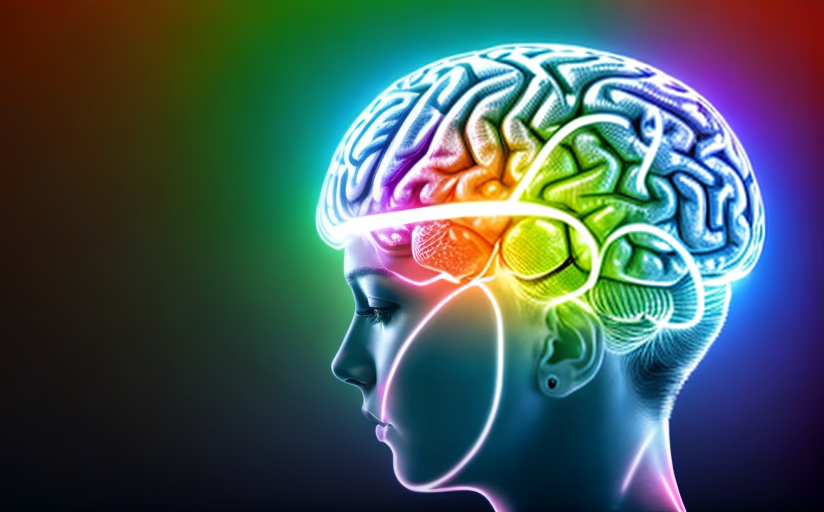Sports, Fitness and Mental Health: A Connected Trio
While participation in sports and regular physical activity is widely associated with improved physical health, there is a growing body of research that suggests its benefits extend far beyond just physical fitness. Indeed, regular engagement in physical activity can also serve as a powerful instrument for improved mental health.
Sports and Fitness: A Buffer against Stress and Anxiety
Many empirical studies have confirmed the correlation between regular physical activity and reduced levels of stress and anxiety. Regular exercise works as a natural antidepressant, helping to stimulate the production of endorphins, or 'feel-good' hormones, which can aid in stress relief. Long term engagement in sports has also been linked to reflected changes in the hippocampus region of the brain associated with anxiety and stress levels.
The Neuroscience Behind It
From a neuroscience perspective, physical exercise has been found to enhance brain function and promote neuroplasticity. Neuroplasticity, refers to the brain's ability to adapt and modify its neural networks over time. Physical exercise can boost neurogenesis, or the formation of new neurons, as well as improve the connection between existing neurons. This translates into better cognitive function, memory, and learning abilities- all key components of mental health.
Real-life Examples and Case Studies
Among the numerous real-life examples and case studies illustrating the link between sports, fitness and mental health, the most eminent is 'The Smiling Mind' project. This project focuses on teaching mindfulness and meditation, combined with physical activity, to children and adolescents in schools. The study revealed not only improved mental health, but also improved academic results among students, thereby demonstrating the potent impact of a balanced mind-body approach to health and wellbeing.
Advice from Mental Health and Fitness Experts
Experts from both mental health and fitness disciplines advocate for regular physical activity as a critical component of mental wellbeing. They suggest it is especially effective when combined with mindfulness practices and good nutrition. Regular physical activity of at least 30 minutes per day, at least five days per week, is recommended for adults. For children and adolescents, an hour per day of physical activity is suggested.
Incorporating Sports and Fitness into Daily Routine
Participation in sports and other physical activities does not have to feel like a chore. People of all ages can benefit from incorporating sports and fitness into their routines in ways they enjoy. Whether it be dancing, hiking, walking a dog, playing basketball, or practicing yoga, the activity should be one that is engaging and fun.
Conclusion
In conclusion, sports and regular physical activity are not just key to maintaining physical health, but are important tools in managing mental health as well. The neurological benefits noted above, along with testimonials from experts and case studies, highlight the potential of regular physical activity to transform the mental health landscape by rendering it a foundation of resilience against stress and enhancing overall wellbeing. Therefore, it is strongly recommended for everyone to integrate regular sports and fitness in their everyday lives.



















Comments
Leave a Comment